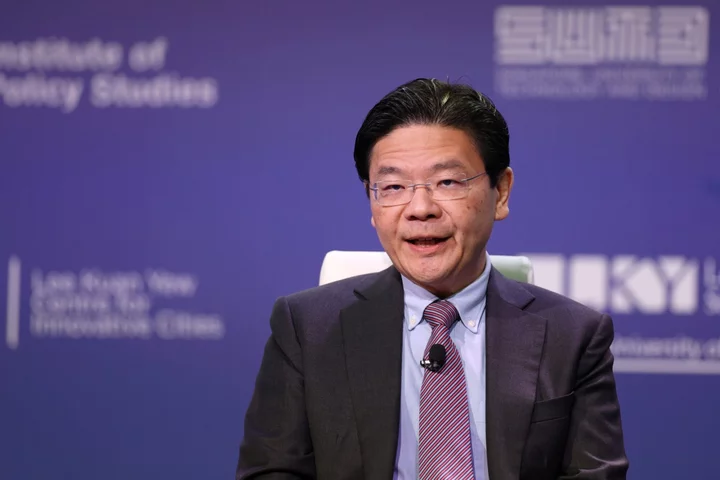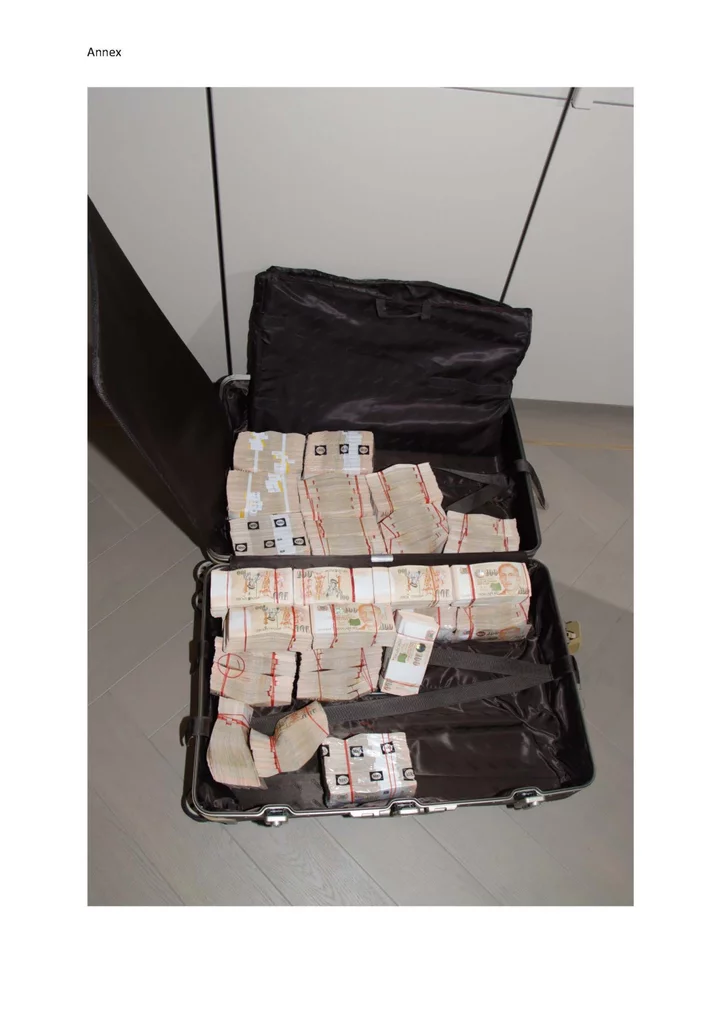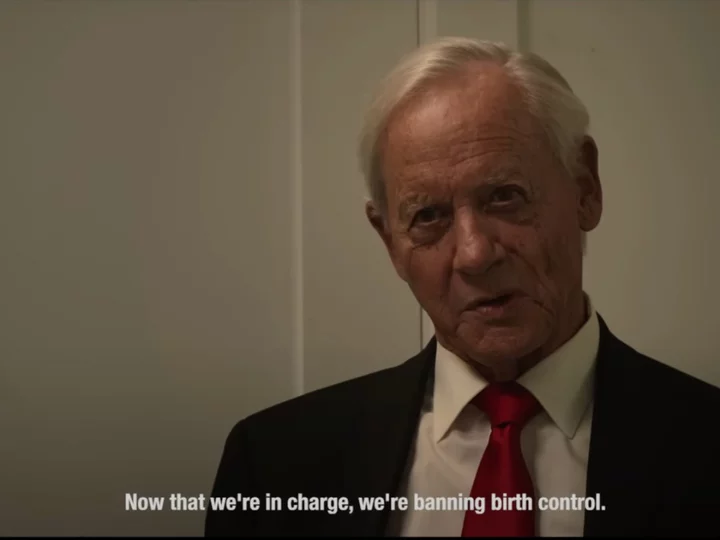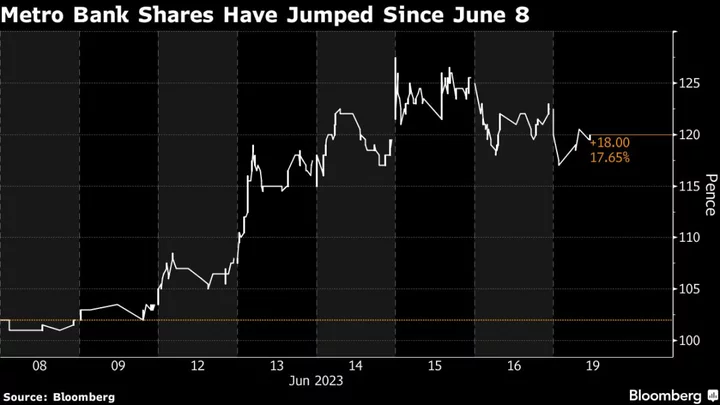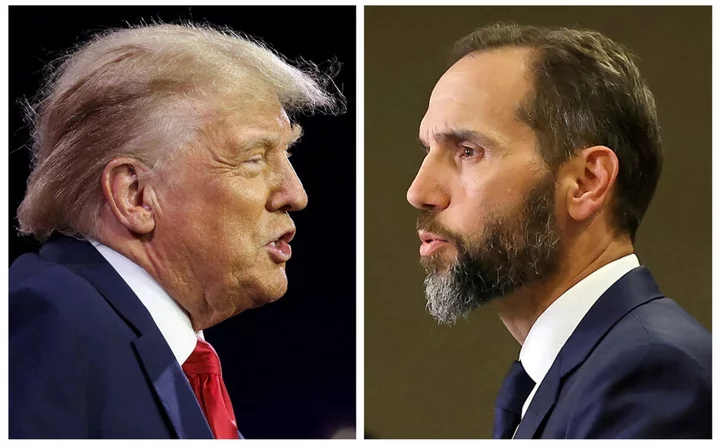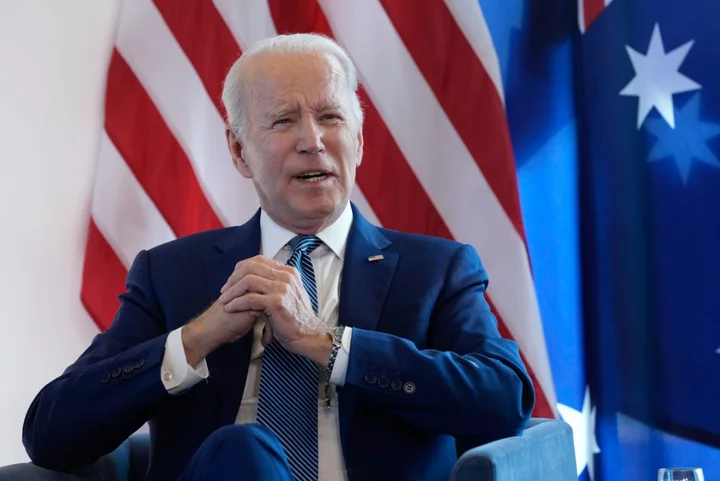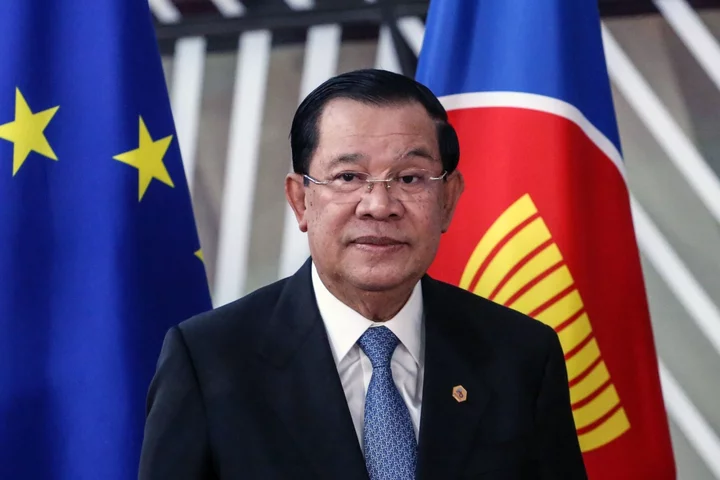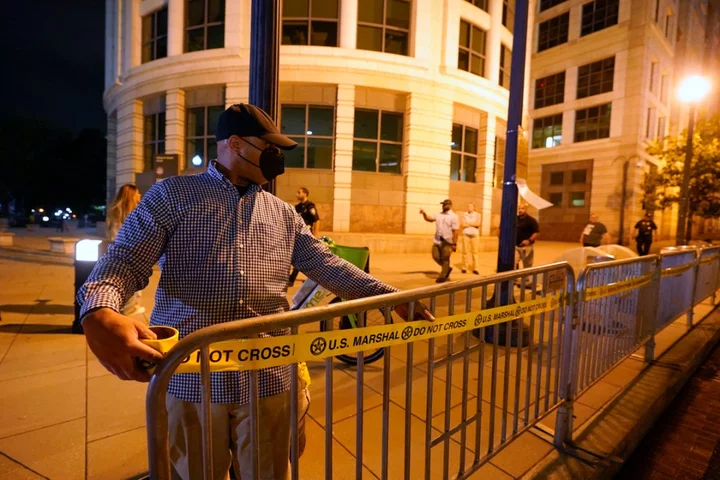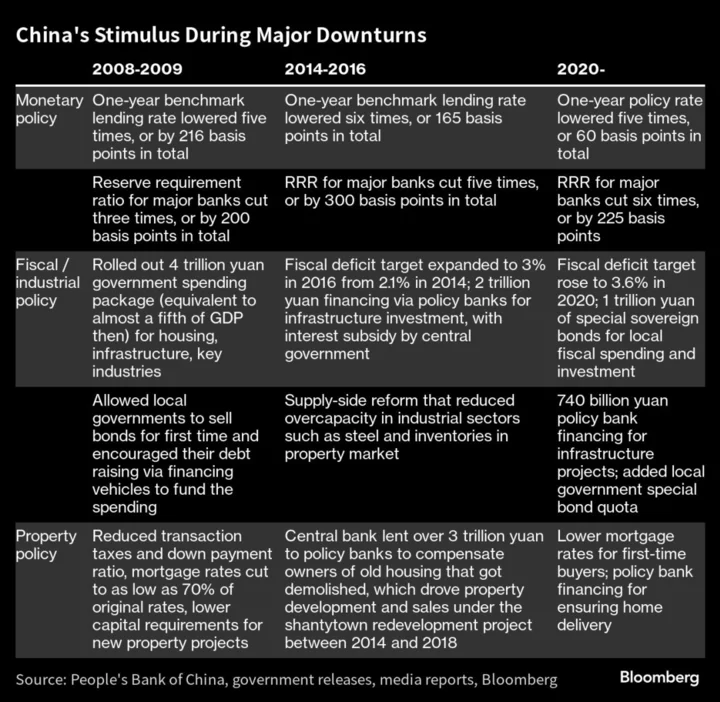Singapore Prime Minister Lee Hsien Loong said he will help citizens cope with retirement and homeownership, seeking to refocus the agenda on core issues after controversies involving his ruling party.
The city-state’s political succession plans are also back on track after the pandemic and recent scandals won’t derail it, Lee said in his annual policy speech on Sunday evening. The premier dedicated just a few lines in his hour-long address in English by referencing the “controversial issues.”
“Let me assure you: these incidents will not delay my timetable for renewal,” Lee, 71, said.
“More and more, my task is to support the 4G team and their agenda,” he added, referring to the so-called fourth generation of leaders. “I want to get them off to the best start possible.”
The series of scandals — from a corruption probe involving a minister to two lawmakers resigning over an affair — is putting Singapore’s image for clean governance to the test just as Lee prepares to pass the baton to new leaders. Voters are grappling with higher living costs and concerns of growing inequality. Public housing resale prices are hovering at records and increasingly sold for over $1 million ($740,000).
Scandals Taint Singapore’s Image, Complicating Succession
Lee also announced a S$7 billion pension fund top-up for citizens aged 50 and older to boost retirement savings, including contributions that will defray medical expenses and insurance premiums. About 1.4 million Singaporeans will be eligible for the support, especially those with lower incomes and less wealth.
He coined a name for those in their 50s and early 60s, calling them “young seniors” who are in a sandwiched phase of their lives with many having to shoulder responsibilities both for their parents and children.
“Beyond the daily cost of living pressures, you know that retirement is creeping up on you,” Lee said of the young seniors. “You will not be left behind.”
He also pledged to keep public housing prices affordable with the provision of more grants, new categories for the flats including more options for singles and tighter restrictions to ensure a more equitable system.
“The change will reinforce the message that public housing is primarily meant to serve as a home for the long term and not to be used for speculative investments or treated as short-term assets,” said Christine Sun at property consultancy firm OrangeTee & Tie.
For Singapore’s ruling party, addressing property prices is crucial to prevent it from snowballing into a major political issue in the next general election due by 2025. Concerns are brewing that rising property prices, boosted by an influx of overseas wealth into Singapore as the world’s richest seek shelter in the city-state. The new measures come on top of other policies that include raising private property taxes that hit mostly foreign buyers.
“Housing has always meant much more to us than a roof over our heads,” Lee said. “There will always be a HDB flat to meet every budget,” he added, referring to homes built by the Housing & Development Board.
Authorities are also planning to offer financial support for retrenched workers in the midst of upgrading their skills to secure future employment, with the prime minister calling it a “temporary safety net.”
Lee also cautioned on fraught geopolitical tensions and a fraying global economic order. Extreme weather is affecting global food production and prices, and while the impact hasn’t been fully felt in Singapore, “it is coming,” he said.
Singapore is keeping up economically and will hopefully avoid a recession, Lee said.
“Our nation must navigate carefully in this increasingly troubled landscape,” he said. “There is no ready playbook, there’s no model answer.”
--With assistance from Philip J. Heijmans and Clarissa Batino.

